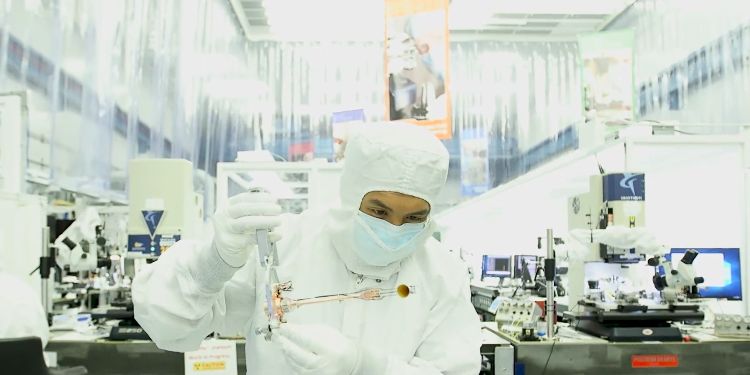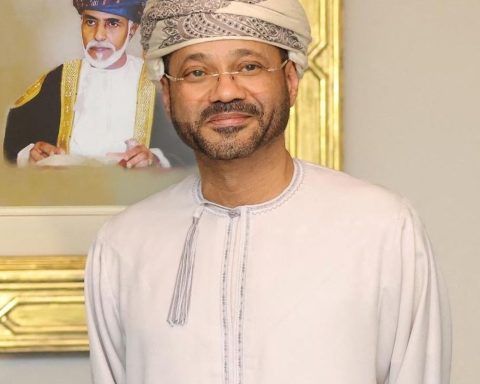Currently, companies must address the new preferences of the workforce of workers, since they no longer only value monetary advantages but also those that are aimed at enhancing professional skills and improving emotional well-being.
(How much will you be paid if you work on December 25 and January 1).
According to a Bain & Company survey, despite the fact that 56% of employees around the world mainly prioritize benefits associated with salary, they also value other aspects such as flexibility (42%), that it is an interesting job (39% ), good interpersonal relationships (36%) and the opportunity to learn and grow (27%).
“To adapt to this scenario and enhance the capabilities of an organization’s work teams, it is important to understand the different motivations of employees. For this reason, it is vital that companies migrate from recruiting talent to creating talent, build more diverse spaces and implement more flexible career models that give each individual the possibility of accumulating different experiences. Like shopping habits and brand preferences, the things that motivate people to work can get quite personal.”said Diego Santamaría, a partner at Bain & Company.
This matter becomes relevant considering that employees also value other aspects that companies must take into account to implement them in their organizational strategies. For example, research carried out by WeWork in partnership with Michael Page, indicates that 85.8% of those surveyed are happier sharing their day between the office and the home office. Additionally, according to a study carried out by the same consultancy, the feeling of inclusion is a critical factor for the retention of collaborators and whose results showed that those who do not feel included are 8 times more likely to seek new opportunities and 17 times more likely to not recommend the company they work for.
(How happy are Colombians in their work?).
Employers today are struggling to retain their employees while attracting the new talent they need. Even the nature of work itself is changing with the growth of temporary, remote and hybrid options. The foregoing demonstrates that the world of work has changed, not only due to greater use of technology as the future of work advances, but also because of the way in which each person faces new challenges and the convergence of different generations in the workplace.
Therefore, for Bain, a better understanding of people’s motivations and why they work will go a long way in developing more personalized human resources systems that will create healthier work environments and drive higher productivity.
(The panorama of the minimum wage: this is the population that receives it).
Bain & Company experts provide some recommendations so that companies can be successful in this process of adaptation to new trends in the labor market:
-Move from attracting talent to creating talent. Companies that want to be successful must migrate from being talent recruiters to talent creators, which requires scaling investments in learning, and cultivating a growth mindset in their organization.
-Meet the staff and the work team. It is important to help individuals and teams reach their full potential. To achieve this objective, it is necessary to know the collaborators and the reasons that drive them to be part of the organization.
-Offer flexibility to build a career within the company. Companies must offer their collaborators the possibility of forging a professional profile based on the accumulation of different experiences that can qualify them for a new role and acquire other capabilities. For this, it is key to support the development of personal capacity and create a career that matches the individual idea of a meaningful life that each member of the company has.
BRIEFCASE

















